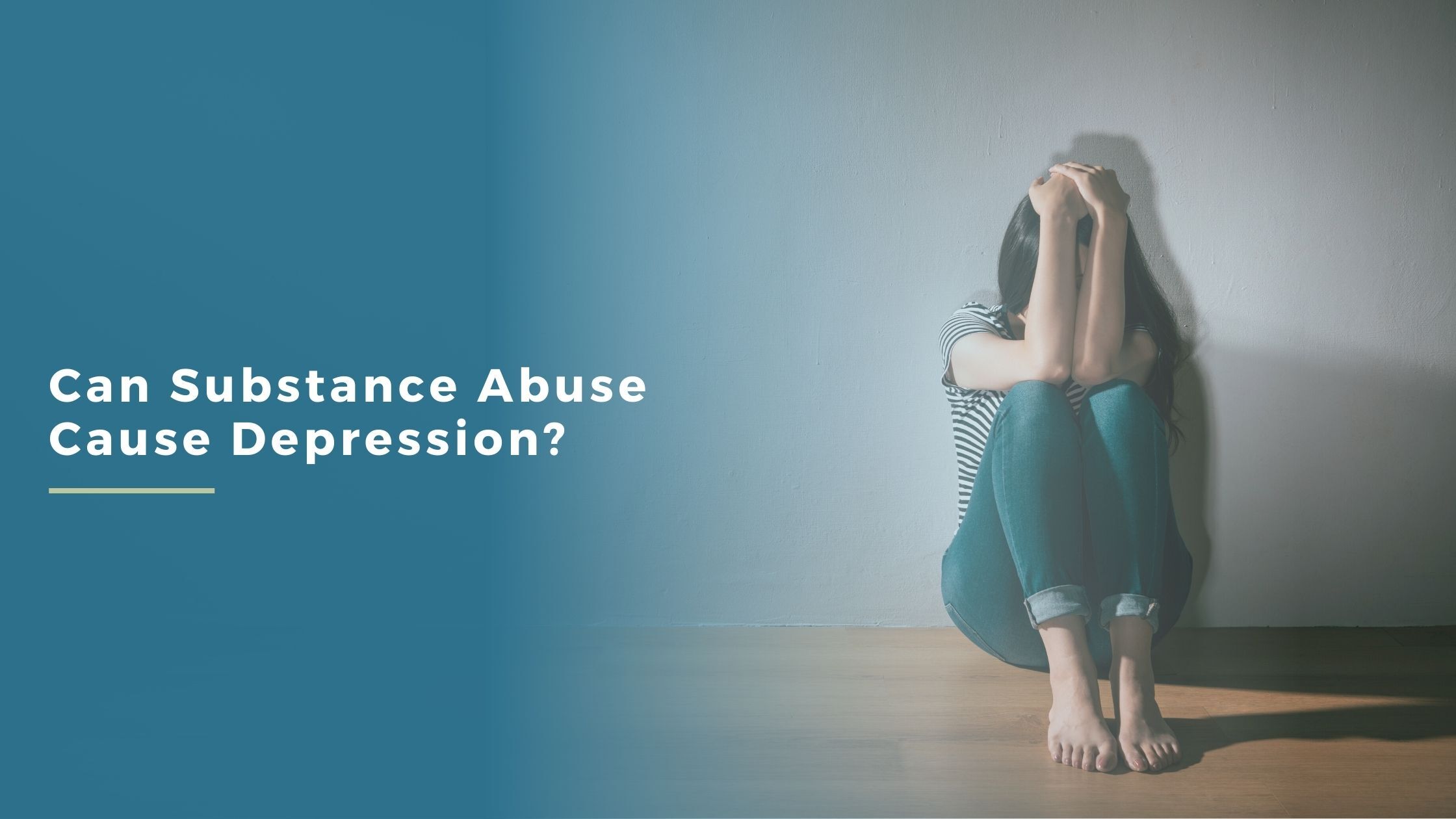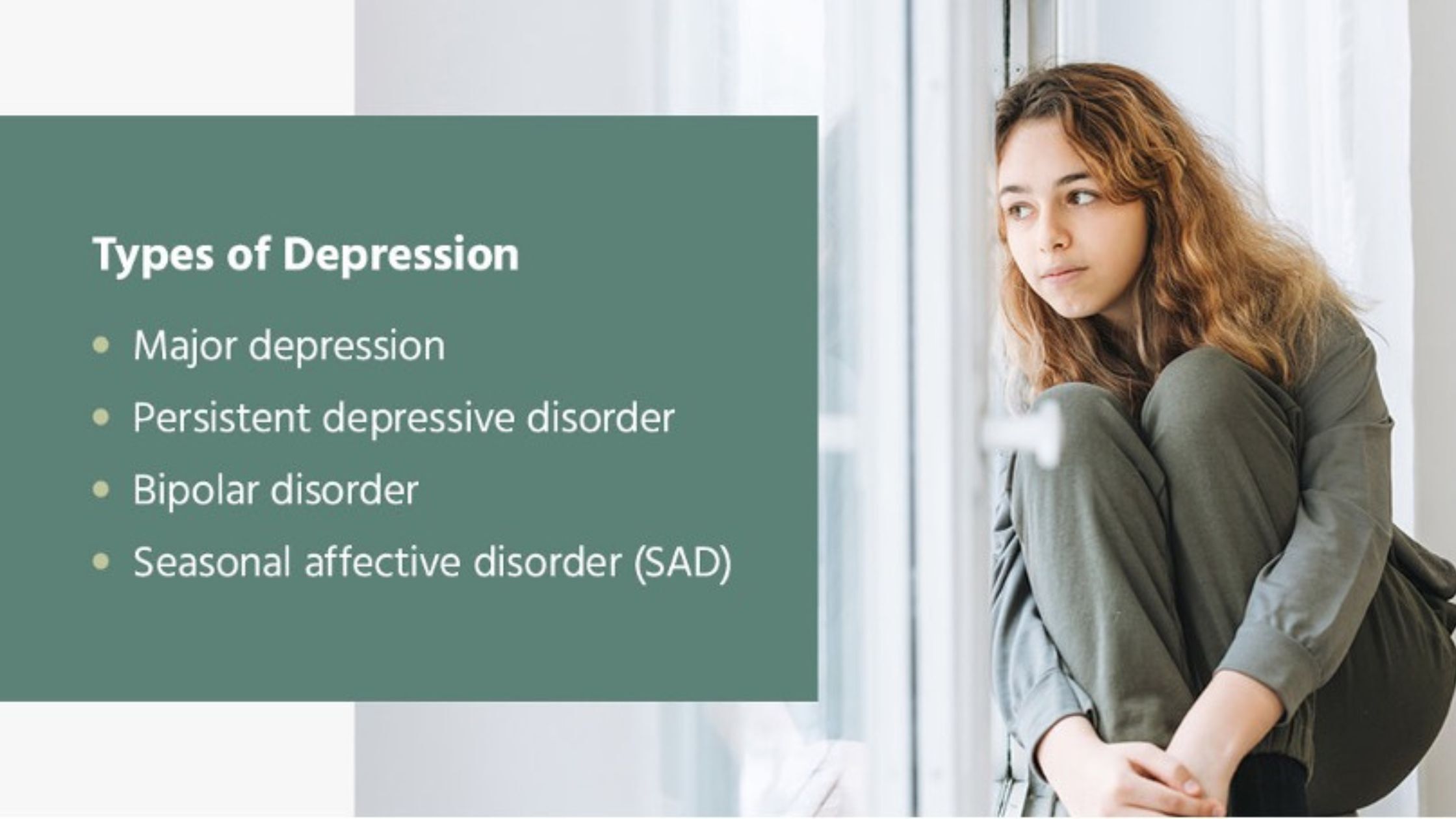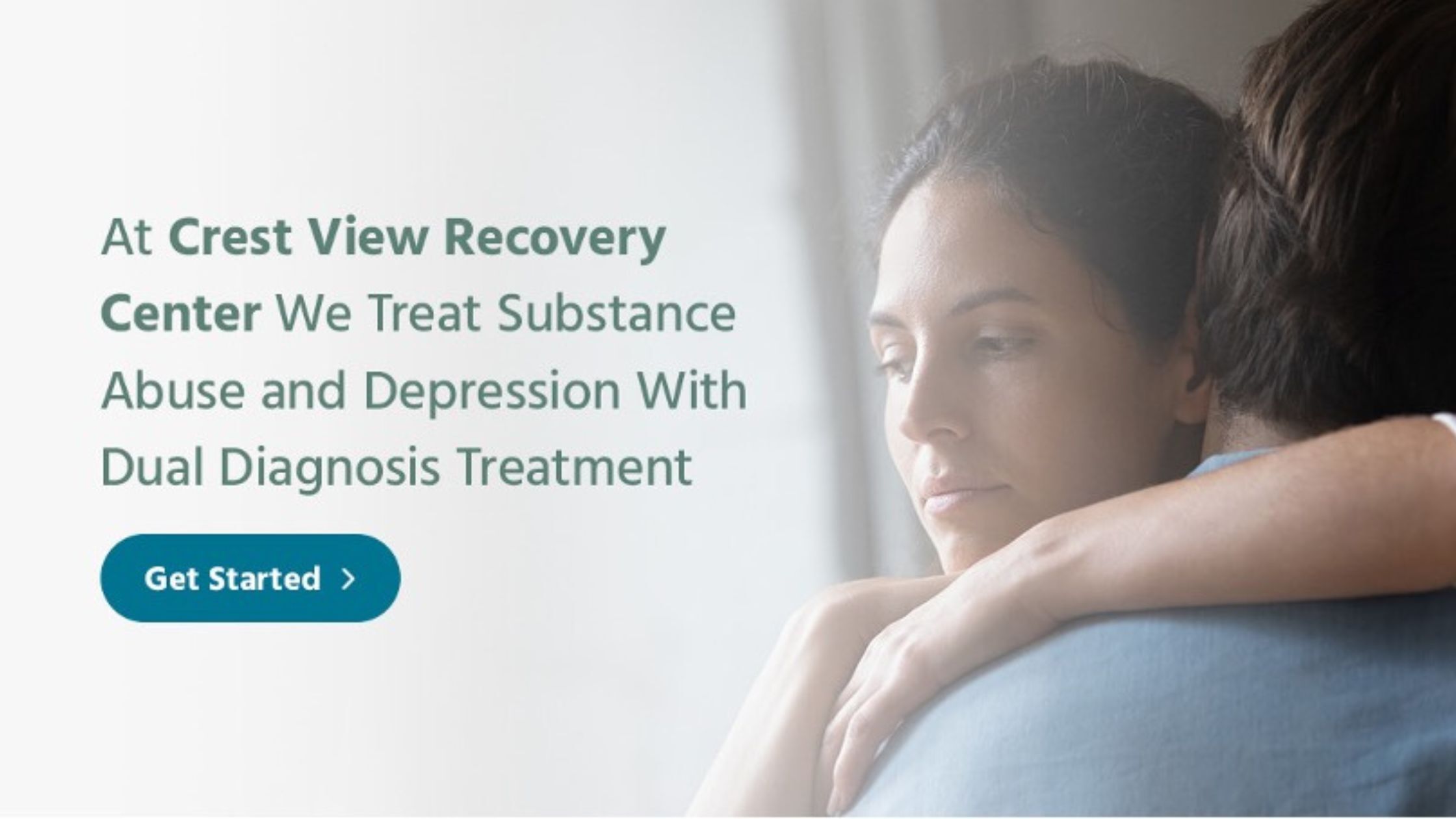People with a substance use disorder can also struggle with other mental health conditions, like depression. These two conditions often co-occur, meaning one can lead to the other and vice versa. Many people experience depressive symptoms due to a substance use disorder, while others turn to substances to try to self-medicate their depression.
If you are struggling with substance use disorder and depression, know that you are not alone. Addiction treatment centers can provide a dual diagnosis, addressing both conditions to help you feel better and stay sober. Learn about the link between depression and substance use disorder and how to get help.
How Different Drugs Affect the Brain and Interact With Depression
Substance use disorder and specific drugs can interact with depressive symptoms. Drug misuse can cause changes to the brain’s structure and function, making people more likely to develop a mental health condition like depression. Changes in the brain associated with depression can also increase the rewarding effects of some substances, making people more likely to develop substance use disorder.
Learn how depression and drug misuse interact below:
Depression and Alcohol
Alcohol is one of the most common substances used to self-medicate. Since it’s legal for those of age and widely available, people often use it to attempt to reduce stress. While it may temporarily relax the body and relieve stress, in the long term, it can alter your brain’s chemistry, creating several health issues.
Researchers have found a strong correlation between alcohol addiction and depression, with nearly 33% of all people with alcohol dependence struggling with a mood disorder like depression.
Because drinking is a depressant, people who drink excessively can experience periods of severe depression. They might even have suicidal thoughts. Alcohol use can also hinder prescription antidepressants.
Depression and Marijuana
As it’s becoming legal in more states in the U.S., marijuana is becoming a popular drug to self-medicate with. The cannabis compounds significantly affect our brains, causing changes in cognition, emotions, behavior and motor control. While the drug may seem to temporarily relieve depressive symptoms for some, it can also cause negative emotions like sadness.
Further, growing research supports a link between heavy marijuana use and mood disorders, with several studies suggesting that chronic marijuana use can lead to substance use disorder.
Depression and Stimulants
Stimulants, whether prescription or synthetic illegal substances, can worsen or bring about depression symptoms.
While stimulants like MDMA and cocaine might cause short-term euphoria, they can also lead to depression once the high fades, leading to an addiction cycle where the person uses more substances to reach the same happy feeling.
Types of stimulants include:
- Ecstasy or MDMA
- Cocaine
- Amphetamines
- Prescription stimulants, like those for attention-deficit/hyperactivity disorder
- Synthetic stimulants
- Methamphetamines
These substances can cause neurochemistry changes that can lead to or worsen depressive symptoms.
 Types of Depression
Types of Depression
Under the umbrella term of depression, there are sub-categories that differ based on duration, timing and presumed cause of the depressive disorder.
A few types of depression that can co-occur with substance use disorder include:
- Major depression: What we think of when we think of depression, major depression is associated with low moods and loss of interest in activities. People with major depression may experience trouble sleeping, changes in appetite or weight, loss of energy and feelings of worthlessness.
- Persistent depressive disorder: Previously known as “dysthymia,” persistent depressive disorder is a low mood that has lasted for two years but is not as intense as major depression. Someone with this type of mental health disorder can complete daily tasks but feels “numb” most of the time. Other symptoms include changes to appetite and sleeping habits, tiredness, hopelessness or low self-esteem.
- Bipolar disorder: Bipolar disorder causes episodes of depression followed by periods of unusually high energy or activity, called mania. Symptoms of mania can include hyperactivity, little need for sleep and increased instances of pleasure-seeking behavior, like misusing substances.
- Seasonal affective disorder (SAD): This type of depression emerges when the days get shorter in the fall and winter months, resulting in low moods and depressive symptoms.
Self-Medicating Depression With Substances
Self-medication is common among people with depression, as they may use alcohol or drugs in an attempt to relieve depressive symptoms. While some substances might temporarily relieve sadness, they can worsen it long-term, and they can make depressive episodes more intense and frequent.
For this reason, professional treatment for depression must address both addiction and depression to prevent the mutual progression of both disorders and create a strong foundation for a healthier life. The following are signs you may be self-medicating your depression with substances:
- You use alcohol or substances to change how you feel about something.
- You’ve tried to limit your intake of substances unsuccessfully.
- You use substances more frequently than recommended by a health professional.
- You require more of a substance to get the initial desired effect.
- Your body craves drugs or alcohol.
- Your substance misuse interferes with your professional or social life.
- You engage in risky behaviors, such as driving while under the influence.
- You spend most of your time and money procuring substances.
If any of these statements apply to you, a mental health professional can help by providing a dual diagnosis for your conditions to get you on a healthy path.
Depression and Substance Abuse Treatment Types
Treatment for substance use disorder often becomes more intensive with the presence of a co-occurring disorder like depression. People with substance use disorder and depression can sometimes experience more severe mood symptoms or worse functioning and suicidal thoughts.
Treating both depression and substance use disorders together can yield better results than treating the conditions separately. Often, physicians use a combination of medications and therapies to help people stay sober and manage symptoms of depression.
Depression and substance use disorder treatment types include:
Medication
Many medications, such as selective serotonin reuptake inhibitors (SSRIs), can alleviate symptoms of mood disorders like depression. A medical professional can determine what antidepressants may be right for you while taking your substance use disorder into account.
Behavioral Therapy
With or without medication, behavioral therapy can also be an effective treatment for substance use disorder and depression. Standard therapies used for depression and addiction include:
- Cognitive behavioral therapy (CBT): Aimed at addressing both addiction and mood disorders, CBT helps clients change harmful beliefs and behaviors that impact daily functioning.
- Dialectical behavior therapy (DBT): DBT aims to reduce self-harm behaviors, such as suicide attempts and drug use.
- Motivational interviewing (MI): MI helps patients build and strengthen their commitment to change upon entering addiction treatment.
Mental health professionals can offer the above therapies in addiction treatment centers in a group or individual setting.
 We Treat Substance Abuse and Depression With Dual Diagnosis Treatment
We Treat Substance Abuse and Depression With Dual Diagnosis Treatment
Depression and other mood disorders can complicate addiction treatment. But with a dual diagnosis, health professionals can provide comprehensive treatment to address both conditions. At Crest View Recovery Center, our intensive outpatient dual-diagnosis treatment can help you overcome the cycle of addiction and depression and find relief.
Our client’s needs remain at the forefront of our dual diagnosis treatment programs. We strive to improve your physical, spiritual and emotional health with addiction education, holistic approaches and personalized treatment services. We’ll meet you wherever you are in recovery to help you get the most out of treatment.
To learn more about our programs, call us at 866-986-1371 or fill out our online form today.


 Types of Depression
Types of Depression


